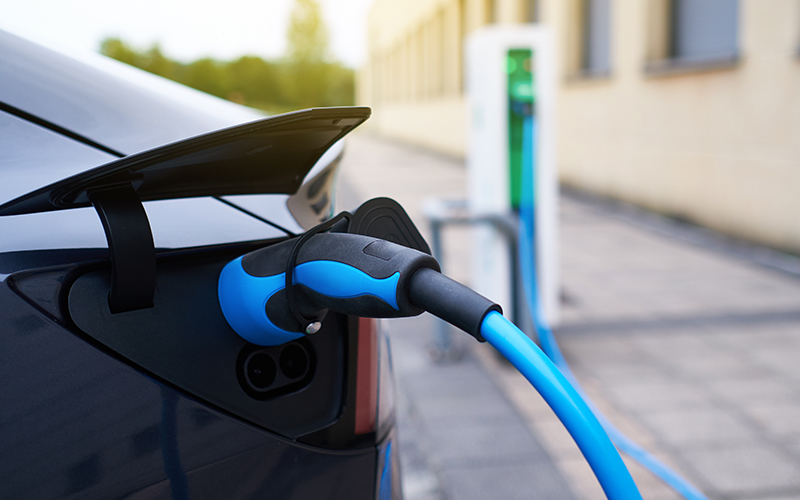Government to end EV plug-in grant after soaring sales

The scheme, running since 2011, will now end as the Government moves towards focussing on helping other areas of the automotive industry to go electric.
The Government’s EV grant will soon end, after an announcement was made on Tuesday 14 June.
The decision comes after the scheme delivered the Government’s key aim of boosting electric vehicle sales in the UK, helping more motorists make the switch to cleaner fuel.
Launched in 2011, the plug-in vehicle grant allowed motorists to purchase a new electric or hybrid vehicle using a discount of up to £1,500 with an aim to incentivise people to buy electric vehicles.
The scheme successfully raised the number of EV’s on UK roads from 1,000 when it first began, to almost 100,000 by May 2022. This marks a growth of 70% in electric vehicle sales, represented by 1 in 6 cars joining UK roads.
However, with funding agreed until the 2022-23 period, the Government believes the scheme has now fulfilled its role, and it is time to support other areas of development within the transition.
These include improving access to public charging points and helping to expand the electric vehicle market to include electric taxis, vans, trucks, motorcycles, and wheelchair accessible vehicles.
In keeping with the autumn statement, the Government will provide a £1.6 billion fund to develop public charging networks, and a £300 million grant to help boost the sales of other types of vehicles.
This new focus will allow the Government to improve access to public electric vehicle charging, eradicating ‘range anxiety’ for motorists, whilst also helping other sectors of the motor industry to make the transition to zero-emissions motoring.
Though the scheme has clearly been beneficial since its inception in 2011, registering some 39,000 new EVs in March 2022, a recent public evaluation report published on Tuesday showed that it was time the scheme came to an end.
The report showed that while the grant was largely successful in boosting the sales of electric vehicles, it now has less of an impact on demand, while other financial incentives such as zero road tax and favourable company car tax remain more effective, which EV drivers will continue to benefit from.
It also suggested that the plug-in van market could benefit from increased funding, with more grants to help businesses make the transition.
All existing applications for the plug-in grant will still be processed, as well as any sales for cars made 2 working days before the announcement, and where applications from dealerships have not yet been made, sales will still be eligible.
Reflecting on the success of the grant, Transport Minister Trudy Harrison said:
“The government continues to invest record amounts in the transition to EVs, with £2.5 billion injected since 2020, and has set the most ambitious phase-out dates for new diesel and petrol sales of any major country. But government funding must always be invested where it has the highest impact if that success story is to continue.
Having successfully kickstarted the electric car market, we now want to use plug-in grants to match that success across other vehicle types, from taxis to delivery vans and everything in between, to help make the switch to zero emission travel cheaper and easier.
With billions of both government and industry investment continuing to be pumped into the UK’s electric revolution, the sale of electric vehicles is soaring.
We are continuing to lead the way in decarbonising transport, with generous government incentives still in place, while creating high-skilled jobs and cleaner air across the UK.”
Since 2020, £2.5 billion in funds has been provided by the Government to cover plug-in vehicle grants, building facilities, and the wider move from petrol and diesel to electric.
Encouraging the sales of greener vehicles will continue, with the Government working to expand the range of affordable plug-in models under £32,000, of which there are currently 24.
After the success within the market for electric vehicle sales, it is hoped that the Government will be able to repeat this through supporting other vehicle categories going forwards.